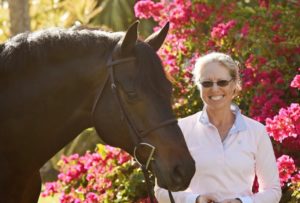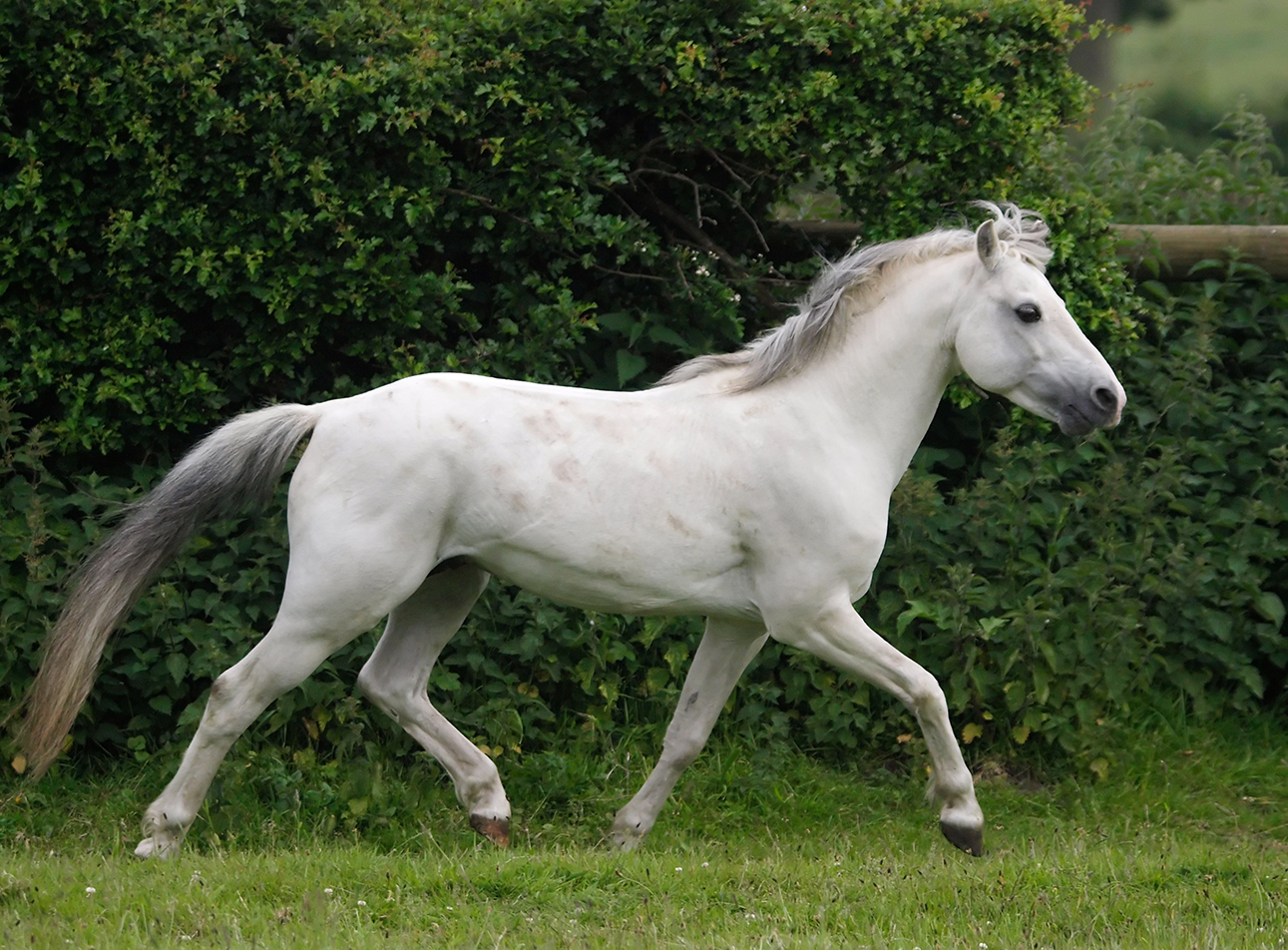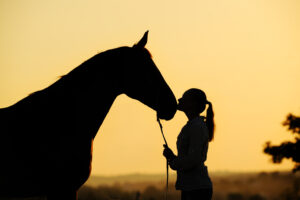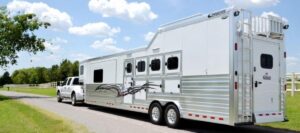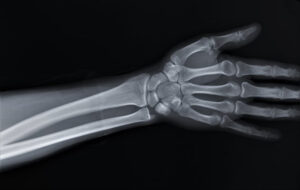I will highlight a Tax Court case that illustrates a common pit-fall for the parents of “horsey” kids – “getting into the business.”
The United States Tax Court ordered an economist and lawyer couple to pay accuracy related penalties, in addition to more in taxes, after concluding that the couple had not bred Welsh ponies with the requisite profit motive to treat the activity as a business.
The couple’s interest in Welsh ponies developed from their daughter taking riding lessons. During her childhood, they eventually acquired numerous ponies, keeping as many as ten at any one time. They did not own their own farm, and boarded the animals. After several years of paying board, they decided that their “business” would never turn a profit unless they could cut expenses by keeping the ponies on their own property. They bought a farm and began construction of an equine facility, which had not been completed at the time of the Tax Court case. This led the Tax Court to observe that even fourteen years after embarking on the Welsh pony “business” the couple was still paying to board most of their ponies at a commercial facility.
The couples’ finances and those of the enterprise brought the greatest scrutiny. The Tax Court noted that the Welsh pony enterprise claimed a cumulative loss of more than $800,000 for its first ten years in operation, and the husband’s average annual income from his law practice during the years at issue was almost $270,000. Accordingly, the Tax Court noted that “deducting the losses generated by the horse activity from [his law practice] income greatly reduced the after-tax cost of the activity [to the couple].”
In concluding that the couple had engaged in their Welsh pony enterprise as an expensive hobby and not a business, the Tax Court emphasized that in addition to the mounting losses, “there is scant evidence that [the couple] conducted a breeding operation in a businesslike manner; they did not keep records of individual horses’ performance or breeding history. Even allowing for the most optimistic assumptions about their horses’ value, [they] could not have gotten anywhere near recouping their losses after 11 years of operation and yet were persisting in their pursuit at the time of trial.”
In assessing accuracy related penalties on the couple, the court noted that there was “no evidence that they ever sought or received advice from their accountant concerning the appropriateness of deducting the expenses of their horse activity. [Their] accountant testified only that he found their records complete and adequate for purposes of preparing their returns. There is no evidence that he provided an opinion regarding the applicability of section 183 or that [they] disclosed to him all the pertinent facts and circumstances concerning the horse activity.” Further, although the IRS had examined the couple’s tax returns for 1999, resulting in a “no change” audit, the court criticized the couple for not seeking the professional advice of a tax professional at that time or anytime thereafter.
The case is Bronson v. Commissioner of Internal Revenue, T.C. Memo 2012-17 (United States Tax Court) (1/17/2012)

